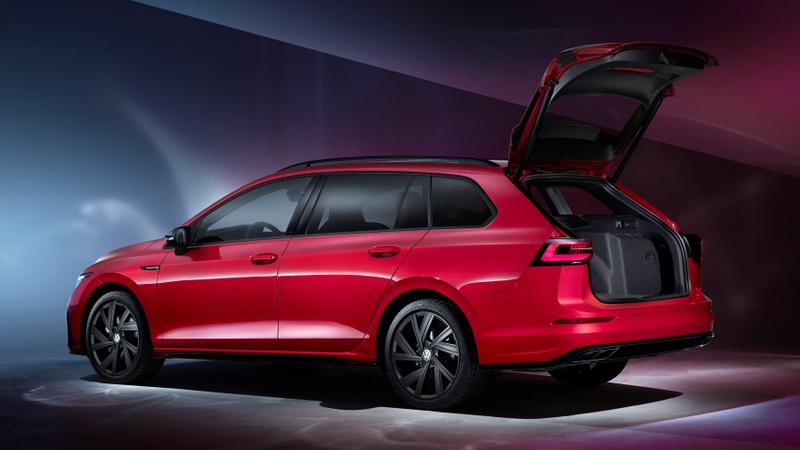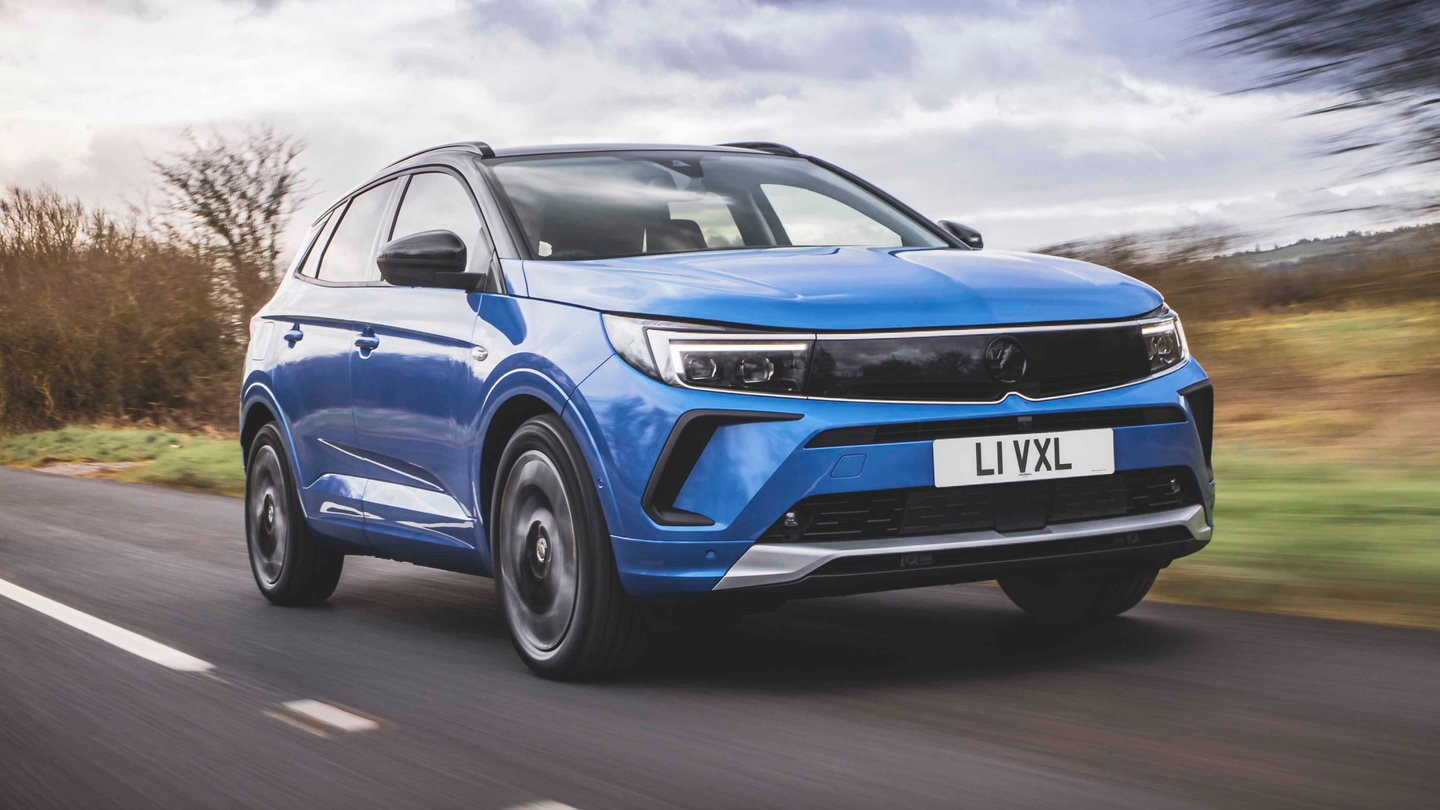
Used Volkswagen Passat review (2014-2023)
Gallery
Used Volkswagen Passat review (2014-2023)
The latest Volkswagen Passat has all the newest tech and the brand's most recent styling language, but its predecessor is much more abundant on the used market. And what a used car it is – comfort, build quality and practicality are all nearly as good as the latest model, and prices are substantially lower now these cars have a few thousand miles on their odometers.
Production of this eighth-generation Passat began in 2014 and lasted through to 2023, with the last examples registered in 2024. Contemporary alternatives include cars like the Skoda Superb, Ford Mondeo, Mazda 6, Peugeot 508 and Vauxhall Insignia.
Even in the face of a car park full of talented rivals and its own replacement, however, this Passat still makes a very strong case for itself – displaying a commitment to user-friendliness that more recent Volkswagens arguably fail to match. The dashboard layout makes sense, equipment lists are generous, and the driving experience is composed and comfortable.
The Passat's only real drawback is that it's not remotely exciting. Rivals from Mazda and Ford are more fun to drive, while the Peugeot 508 shows up with concept-car good looks. However, for fans of the Passat's calm demeanour and practicality, this will be an easy price to pay.
Interior and technology

Like the rest of Volkswagen's lineup at the time, the Passat's cabin is an exercise in small-'c' conservatism. There are some deliberate styling touches – the wide, continuous air vent running the width of the dash and the strip of aluminium-effect trim below it – but, for the most part, it's just black and dark-coloured surfaces, with little to lift the ambiance.
Build quality is very strong, at least, with no obvious rattles or squeaks from our test car, which had already spent a few years on the road. Material quality is good but not great – presumably to avoid standing on the toes of its posher Audi A4 cousin – with plenty of soft-touch surfaces where you touch often, but some harder plastics lower down.
The new Passat uses the brand's latest infotainment system, with almost all functions exclusively controlled through the enormous touchscreen. We don't love this setup because it's fiddly and takes time to get used to, which makes the older Passat's touchscreen-and-buttons combo feel all the more welcome.
You'll find all the key infotainment functions can still be accessed from its reasonably sized screen including audio playback, navigation and telephony. You also get Apple CarPlay and Android Auto – fitted optionally on models built before 2018 and standard afterwards. Key controls like climate settings and audio volume are all adjusted with physical knobs and buttons, which are easy to use at a glance.
Practicality

The Passat's a fairly substantial 4.8 metres long but you're rewarded with impressive practicality. There's loads of rear-seat space, allowing those well over six-foot tall to stretch out and get comfy, even with similarly tall people up front. You do have to stoop more to get into the Passat than you might in a taller model like the Volkswagen Tiguan but, once seated, headroom is plentiful in all positions.
Unlike the latest model which is estate-only, this generation of Passat came both as a saloon and as an estate. Cargo space in the former is a healthy 586-litre figure, with room for a couple of big suitcases and some smaller bags – you'll probably find the size of the saloon-style boot opening more limiting than the space itself. The estate bumps this figure up to 650 litres and also introduces a more useful hatchback-style boot lid to make loading bulky objects easier.
Engines and performance

Under the bonnet, there's a choice of petrol, diesel and plug-in-hybrid engines. Passats are often bought by high-mileage drivers, so fuel-sipping diesel engines have remained popular in the lineup while many rivals cars have moved to petrol and hybrid power only.
For low and medium-mileage drivers who cover a mix of roads, VW's TSI petrol engines are smooth and efficient. The 1.5-litre entry-level unit is powerful enough to get the Passat up to motorway speeds without a fight, but does feel a bit out of puff if you ask for a high-speed overtake. Stepping up to the 2.0-litre TSI with 190hp solves this problem, but these aren't very common on the used market and can be thirstier than you might expect.
For diesel buyers, there are just 1.6 and 2.0-litre engines to choose from. The 1.6 is a little grumbly under hard acceleration – something you might have to do from time to time as its 120hp output means it isn't exactly gutsy. Drive efficiently, however, and you should be able to average well over 50mpg.
If you can stretch to it, the 2.0-litre diesel feels like a better match for the Passat. It's stronger throughout the rev range, which means you can get up to speed without feeling like you're straining the car. Efficiency should hover near 50mpg, too, if you avoid leaning on the throttle. Take it easy on the motorway and you could see more.
Driving and comfort

If all you ask of your Passat is that it's quiet, comfortable and easy to drive, then you'll be satisfied behind the wheel. Engine noise is well suppressed and, at higher speeds, you'll only hear a little tyre roar and the odd suspension thud, with wind and ambient noise very well suppressed.
The suspension strikes an excellent balance between comfort and controllability. At no point does the Passat get knocked off its line or feel wobbly on its wheels, even if you saw at the wheel like a caffeinated chihuahua. That robust body control doesn't mean firm suspension, however, with big bumps and vibrations from rough surfaces competently tuned out.
It's still not any fun, though. There's little sense of weight or feedback through the wheel, and the chassis does everything it can to resist the influence of weight transfer during fast direction changes, so this isn't a car that relishes being thrown down a twisty road. You're much more likely to enjoy your time in the Passat if you simply embrace its calm attitude and forget any pretence of being a sports saloon like a BMW 3 Series.



























































